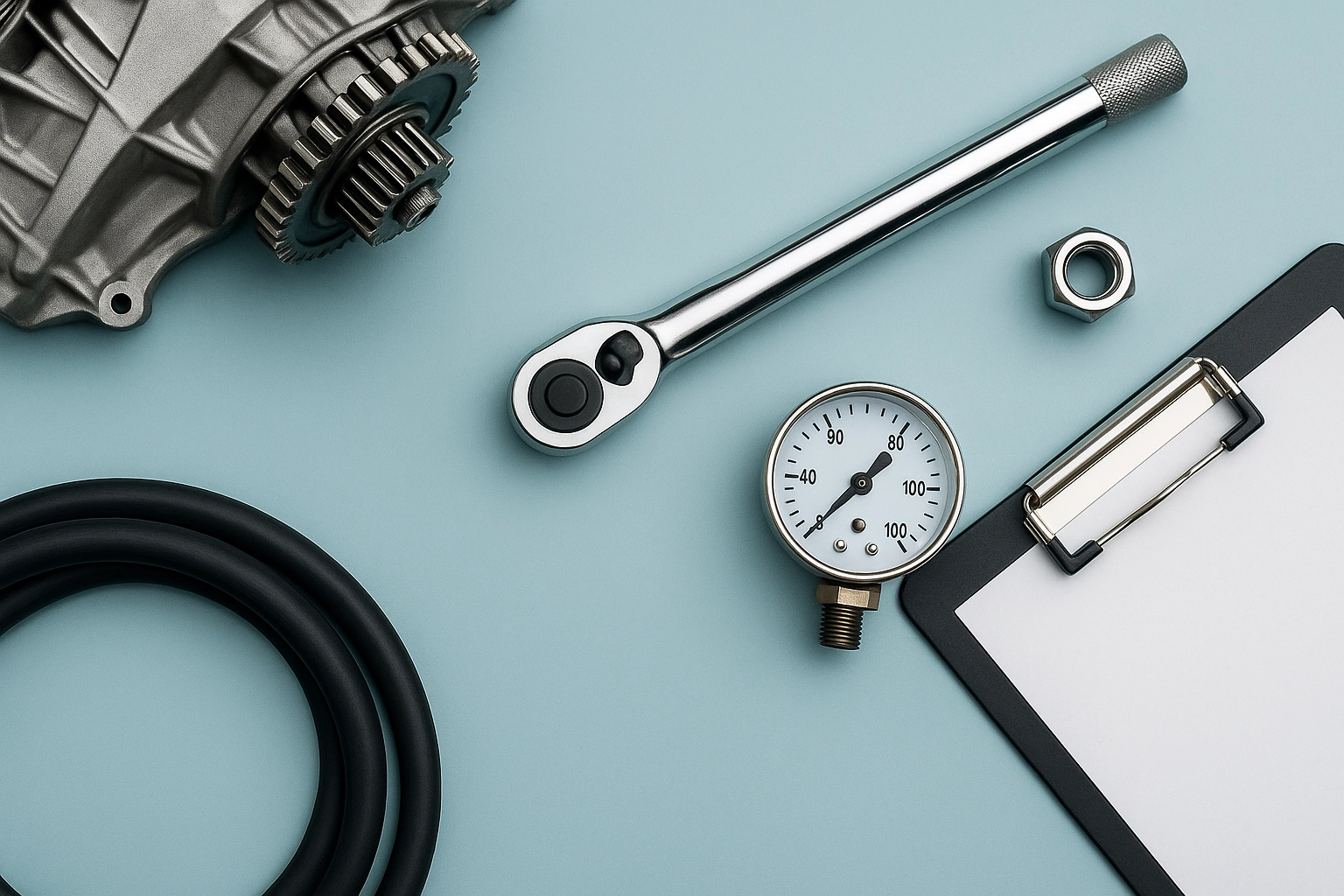ISO 20808 Automotive Heat Exchanger Efficiency Testing
The ISO 20808 standard is a crucial benchmark in automotive testing that ensures the reliability and performance of heat exchangers. This service focuses on the efficiency testing of these components, which are integral to maintaining optimal engine temperatures under various driving conditions.
Heat exchangers play a pivotal role in automotive cooling systems by transferring unwanted heat from the engine coolant to the ambient air or water. The efficiency of these devices directly impacts fuel consumption and vehicle performance. Testing according to ISO 20808 ensures that manufacturers meet stringent quality control standards, thereby enhancing product reliability and reducing potential failures on the road.
The testing process involves subjecting heat exchangers to a series of controlled conditions designed to simulate real-world driving scenarios. This includes varying ambient temperatures, coolant flow rates, and pressure differentials. By adhering strictly to these parameters, we can accurately assess how well each component performs under stress, ensuring compliance with international standards.
Our facility uses advanced instrumentation capable of measuring key performance indicators such as heat transfer coefficient, thermal resistance, and overall heat exchange efficiency. These metrics provide a comprehensive evaluation of the heat exchanger's ability to function optimally across different environments and load conditions.
The importance of this testing cannot be overstated, especially considering the increasing demand for eco-friendly vehicles. Efficient heat exchangers contribute significantly to reducing emissions by optimizing fuel usage more effectively. Compliance with ISO 20808 not only enhances environmental responsibility but also supports market entry into regions where stringent regulatory requirements are in place.
In addition to ensuring compliance, this service offers valuable insights for R&D teams working on new designs and improvements. By identifying areas of improvement through rigorous testing, manufacturers can refine their products continuously, leading to enhanced product lifecycle management strategies.
- Customer Impact: Enhanced trust in the quality of automotive cooling systems, reduced warranty claims due to component failures, improved fuel efficiency contributing positively towards sustainability goals.
The detailed nature of ISO 20808 testing allows for precise identification and rectification of any issues early on in the development process. This proactive approach ensures that only high-quality products reach consumers, setting a benchmark for excellence within the industry.
By leveraging our expertise in this field, we help automotive manufacturers stay ahead of competitors by continuously meeting or exceeding global standards. Our commitment to accuracy and reliability makes us a trusted partner in achieving these goals efficiently.
Customer Impact and Satisfaction
The implementation of ISO 20808 testing brings numerous benefits to automotive manufacturers. Clients report increased confidence in their products' reliability, leading to higher customer satisfaction levels. Additionally, the ability to demonstrate compliance with international standards enhances brand reputation and market competitiveness.
Moreover, this service fosters closer relationships between customers and suppliers by facilitating open communication about product development stages. Suppliers can provide timely feedback based on test results, allowing for rapid adjustments where necessary. This collaborative approach ensures that final products meet both internal quality expectations as well as external regulatory requirements.
Customer testimonials highlight the value placed on accuracy and timeliness during testing processes. Many have noted significant improvements in product development timelines due to early detection of potential issues through rigorous pre-production testing.
International Acceptance and Recognition
The acceptance and recognition of ISO 20808 extend beyond national boundaries, reflecting its global importance within the automotive industry. Countries around the world recognize this standard as a reliable measure for evaluating heat exchanger efficiency. This widespread acknowledgment contributes to harmonized standards globally.
Automakers seeking to expand into international markets frequently choose our services due to their alignment with ISO 20808 requirements. By ensuring compliance early in the design phase, companies can avoid costly delays associated with non-compliance later on during production or certification stages.
The standard's acceptance also facilitates smoother interactions between suppliers and customers by providing a common ground for understanding expectations regarding quality assurance measures. This shared language simplifies negotiation processes related to contract terms involving specific testing procedures and reporting formats.
Use Cases and Application Examples
In practice, ISO 20808 is applied across various stages of the automotive cooling system design lifecycle. It serves as a critical tool during the conceptualization phase by guiding initial design decisions regarding heat exchanger geometry, material selection, and expected operating conditions.
During prototyping, the standard ensures that each iteration undergoes thorough evaluation to identify potential weaknesses before proceeding further into production stages. For existing models being modified for improved efficiency or reduced environmental impact, ISO 20808 provides a benchmark against which performance enhancements can be measured.
A case in point is when Toyota introduced its latest hybrid vehicle line. Before releasing these cars to market, they conducted extensive testing according to ISO 20808 standards across multiple prototypes. This ensured that all components, including heat exchangers, met stringent criteria set forth by international bodies.
Similarly, BMW has utilized this standard in R&D projects aimed at developing next-generation engine cooling solutions. The company's commitment to innovation and sustainability aligns perfectly with the objectives outlined within ISO 20808, making it an ideal fit for their research efforts.





